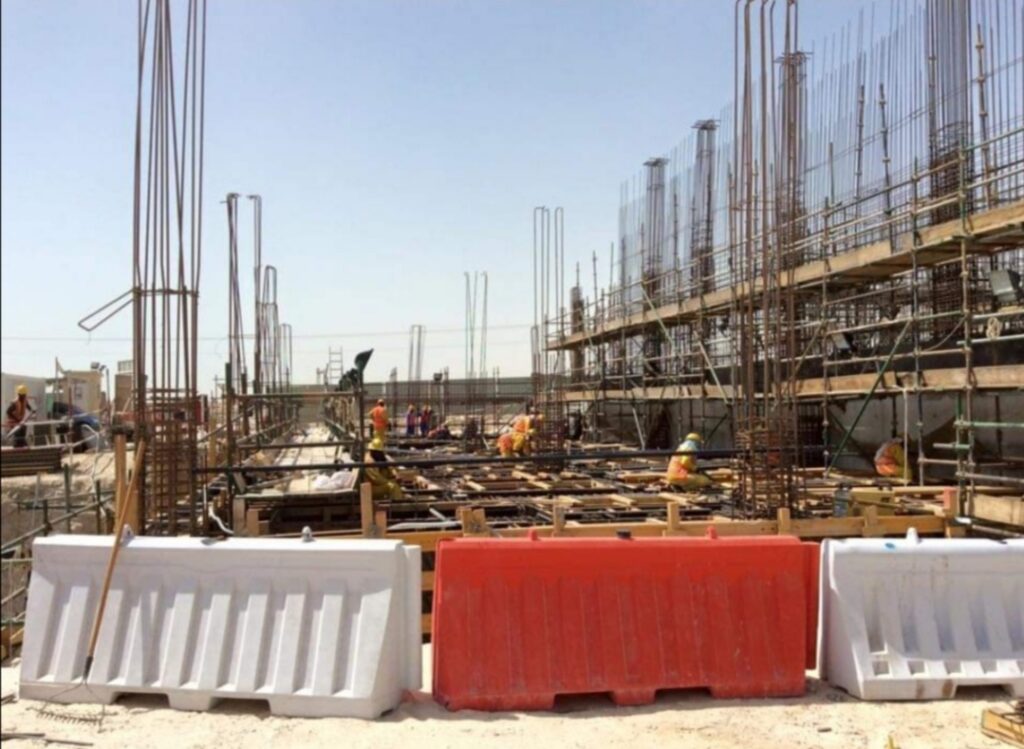The phrase “the end does not justify the means” refers to the idea that the goal or outcome of an action should not be used to justify the means by which it was achieved. In other words, the morality of an action should not be determined solely by its success or failure, but rather by the ethical principles and values that guided the decision-making process.

This concept is often applied in discussions about moral and ethical dilemmas, and has implications for many different fields, including construction.
In the construction industry, it is important to consider the ethical implications of decisions made during the planning, design, and execution of a project. This can be especially challenging when working on complex projects that involve a wide range of stakeholders, including owners, contractors, subcontractors, designers, and regulators.
One area where the “end does not justify the means” principle can be particularly relevant is in the procurement process. This process involves selecting the contractors and subcontractors who will work on a project, and it is critical to ensure that the selection process is fair, transparent, and unbiased.
If contractors are chosen based on factors other than their qualifications and capabilities, it could lead to poor quality work, cost overruns, and other problems that could compromise the success of the project.
Another area where this principle can be relevant is in the management of construction projects. It is important for project managers to make decisions that are in the best interests of the project, but they should also ensure that these decisions are made in a way that is ethical and responsible.
This could involve considering the impact of decisions on the environment, the safety and well-being of workers, and the overall sustainability of the project.
In addition to these specific considerations, it is important for all stakeholders in the construction industry to remember that the end does not justify the means in a broader sense.
This means that the success of a project should not be achieved at the expense of ethical principles and values. For example, it would be wrong to cut corners or engage in unethical behavior in order to meet a deadline or achieve a certain level of profitability.
In conclusion, the end does not justify the means is an important principle to consider in the construction industry. By ensuring that decisions are made in a way that is ethical and responsible, construction professionals can help to build a more sustainable and equitable industry.
